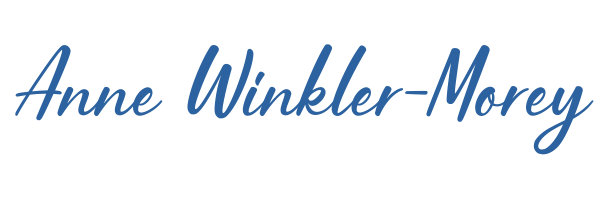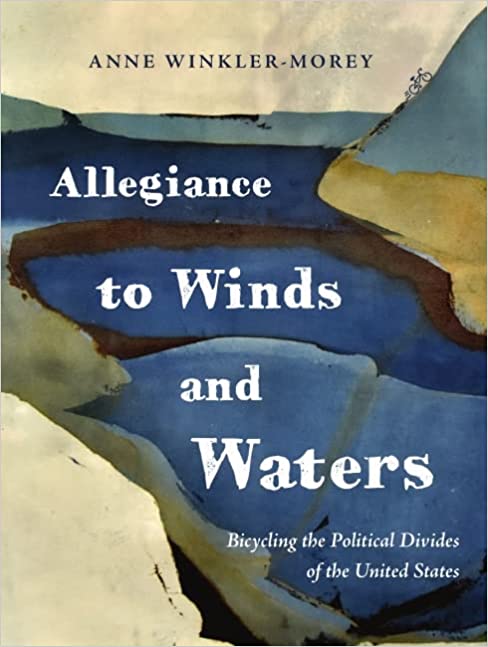In Montenegro, I think of sandwiches. Not the mustard/mayo, whole wheat-or-rye kind.
I think about rivers, lakes, and bays, sandwiched between mountains. These are waterways of unsurpassed beauty. From where I sit overlooking the Bay of Kotor, one can get to the Verige Channel, Tivat Bay, Kumbur Channel, Adriatic Sea, Ion Sea, Tyrrhenian Sea, Mediterranean Sea, through the channel between Tangier, Morocco, and Tarifa, Spain, to the Atlantic Ocean, over to New York’s Hudson Bay, up the Hudson River to Montreal down the St Lawrence River to Lake Ontario, Lake Erie, Lake Huron, into Lake Superior, across to the Duluth port in Minnesota, USA—but it’s not easy.

On the Bay of Kotor where it meets the Verige Channel in Perast, Montenegro
If you are on the side of these mountains where rainfall is frequent, self-sustainability is possible. If you are on the arid side, however, food can be scarce when there is a blockade of trade routes for environmental or political reasons. The Balkans are full of these waterways. Unlike the Mississippi River, the Rhine, or the Nile, they are more likely to support the local commerce of small communities, than vast cities connected to transnational trade networks. Maybe this is part of why these waterways are so clear, quiet, and beautiful. It is also part of the reason for regional animosities between one valley and the next, and peripheral relations with the rest of Europe. If geography—without history and consciousness—is destiny, then these mountains are formidable, but not impenetrable barriers to overcoming regional nationalisms and isolation from global communities. Water runs through them, after all, and so do ideas, goods, and solidarities.

And I’m thinking about another kind of sandwich, inspired by the visit of our grown-up child who joined us in Dobrota, Montenegro, for a week. It was the first time they were with us for this length of time when there was not a grandparent to call, to text photos of the three of us, to share an awkward four-way phone call, to share with the people in the world who would be most thrilled to see us together. It dawned on me: I am no longer in the sandwich generation!

How delightful it was to be together, climbing mountains, walking too far as we always do, having adventures—like meeting the art man in a remote village, who beckoned us in, fed us fruit and cookies and tea, sold us little blocks of art, told us he was Jewish (in Montenegro!) I told him I was too, Emily guided us the rest of the way along a muddy cow path without injury to a restaurant that was perfect, In the evenings they introduced us to Hannah Gadsby. We watched four of their performances on Netflix.
After visiting the early Picasso exhibit in Madrid I found Gadsby’s take-down of him therapeutic. The sick feeling I had at the Reina Sofia gallery was not because the 20th-century artist was a misogynist, but because a 2024 exhibit at a world-class museum celebrated it.
We have not evolved.
Gadsby told a story of their mother that was profoundly moving. Her mother knew before Hannah did that they were gay and tried to change them. She now embraces her lesbian child. Gadsby said, “She is my best friend.”
Evolution is possible.
During our week together I found myself doing old-mom things while trying not to replicate the dynamics I had with my parents, Sometimes I think my role as a parent of a going-on-34-year-old, is to stay out of their hair. Other times I think about mortality and how precious and few, are our opportunities to connect. My mother and I had a better relationship than she had with her mom, and it would be nice to continue the generational improvement.
In my mid-sixties, with my parents gone, there are hindsight moments, when I realize it was unrealistic for me to expect them to read my mind and understand my heart. I think about them even more now, and my in-laws too, since I started this life on the road. I have conversations with them. I look up at the mountains and clouds and see faces and animals and I think of my father-in-law, who always saw whole panoramas in the sky and invited you to see them too.

I discovered that the trees—bare a few days ago, now bursting with new green, three-pronged leaves, and tiny fruits—are fig trees! They share the road edges with pomegranate bushes! I ached to call my mom and tell her. No one else would appreciate that more.

March 18 would have been my Dad’s 91st birthday. On our walk, we found a mountain path to a cemetery. Each row of gravestones was at a different level of the mountain. Some had crosses, some Communist stars, some neither. My Dad would have loved this I told Dave. Dad and I spent our best times on our two trips to Eastern Europe together, walking through cemeteries looking for individuals, Holocaust memorials and abandoned resting places, We also climbed mountains. Here in Montenegro on his birthday, we were doing both.
March 19 would have been my mother-in-law’s 100th birthday —she missed it by 16 months. Betty relished travel and hearing the reports of her vast family’s voyages. I am always thinking We should call Betty. On her birthday we contemplated a steep climb up a sheer cliff along an old Illyrian wall. It was not open to the public yet. The season is still a few weeks away here. As we looked up at the awesome ancient view Dave said, That would be something to tell Mom about. She would have loved worrying about us.

And my Dad would have loved climbing it with us, I said.
Maybe the secret you don’t know until your parents are all gone— if you have kids—is that you are always in the sandwich generation. Even when our parents die they are still an influence and a responsibility in our lives. My mom, during a visit just months before she died, told me she was thinking about her Dad—who died when she was six months old— pondering a question I had never heard her utter before.
I’m glad we had that conversation about the Dad she never knew and the milk truck. I wish there had been more like it.




